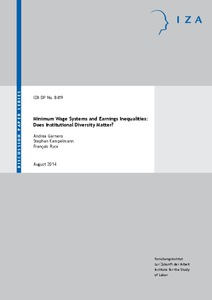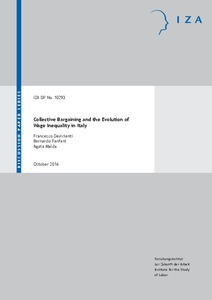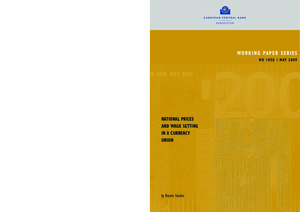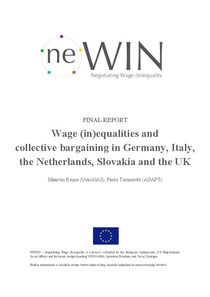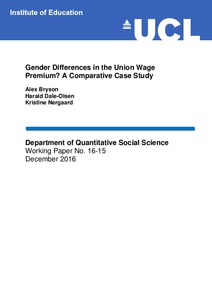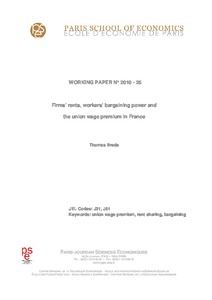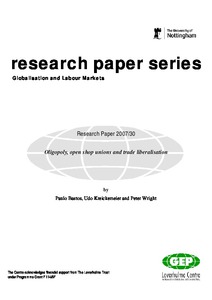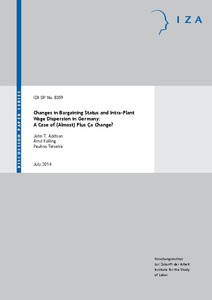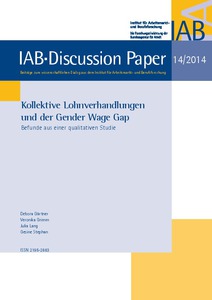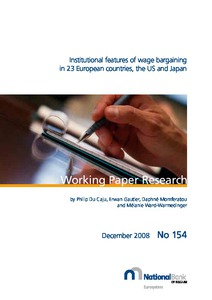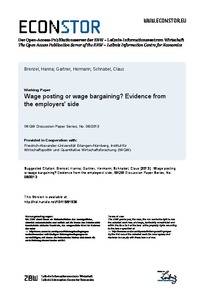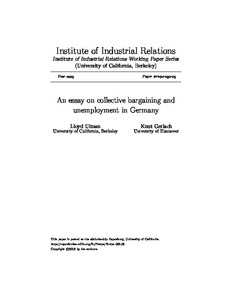Why unions reduce wage inequality: a model of union formation and goal setting
"This paper demonstrates how unions can increase the general wage level by redirecting their bargaining power from wages in general to a focus on the lowest wages. This opportunity arises as a result of the interplay between two sources of market power, namely union bargaining power and an effi...
| Main Author: | Stennek, Johan |
|---|---|
| Institution: | ETUI-European Trade Union Institute |
| Format: | TEXT |
| Language: | English |
| Published: |
Gothenburg
2012
University of Gothenburg |
| Subjects: | |
| Online Access: | https://www.labourline.org/KENTIKA-19132055124919502379-Why-unions-reduce-wage-inequal.htm |
Similar Items
-
The effects of unions on wage inequality: the Italian case in the 1990s
by: Checchi, Daniele, et al.
Published: (2004) -
Why unions reduce wage inequality, II: the relation between solidarity and unity
by: Stennek, Johan
Published: (2015) -
The sources of the union wage gap: the role of worker, firm, match, and jobtitle heterogeneity
by: Addison, John T., et al.
Published: (2018) -
Rising wage inequality, the decline of collective bargaining, and the gender wage gap
by: Antonczyk, Dirk, et al.
Published: (2010) -
Minimum wage systems and earnings inequalities: does institutional diversity matter?
by: Garnero, Andrea, et al.
Published: (2014)






